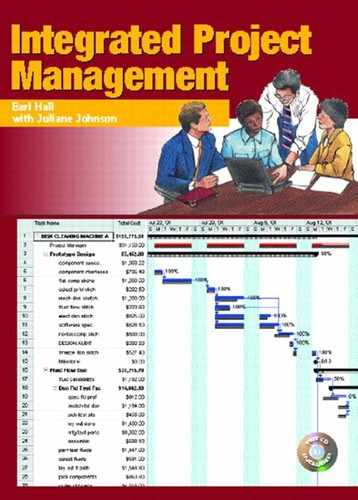Communication Skills
The project manager and the team must “speak the same language” in order to work together. If they are not absolutely clear on all the terminology used in the project, chaos will reign. For example, to an engineer the term “quality” means “all parts for the product fall within the plus or minus tolerance specifications on design drawings.” To the person leading the quality movement, “equaling or exceeding the expectations of the customer,” is generally the interpretation. (This last statement raises this question: What is meant by 'the expectations of the customer?') To others, quality simply means a pleasant appearance. A product manager, however, may think of quality in terms of “99.6 percent of the products falling within specified tolerance limits defined in a performance-sampling test.”
A project manager must never assume that the term “quality,” or for that matter anything else he or she says to the team, will mean the same to them as it does to him or her! What is required to ascertain agreement between them is feedback.
Feedback is the give and take of information between the project manager and team members to clarify the meaning of terms. Team members must provide feedback to the project manager: During team meetings, they can ask for clarification of a term or statement, or they can restate the project manager's words differently to be certain that both parties agree on the meaning. (Even if fairly sure of the meaning of a key statement, a team member may request that it be restated.) The project manager must encourage team members to use feedback at all meetings to ensure that everyone understands the intended meaning of the terms and key statements.
Good communication requires a collaborative effort between the project manager and the team. It facilitates good decision-making and encourages cooperation.
